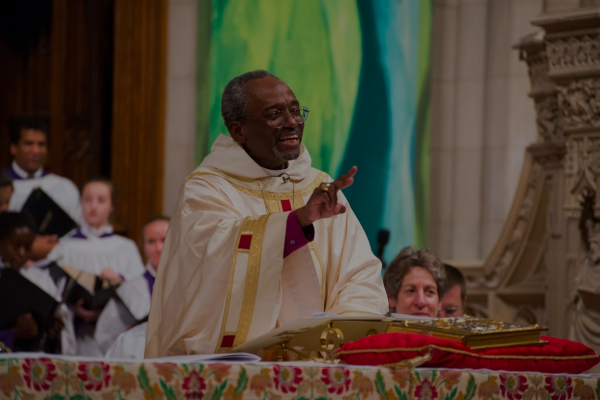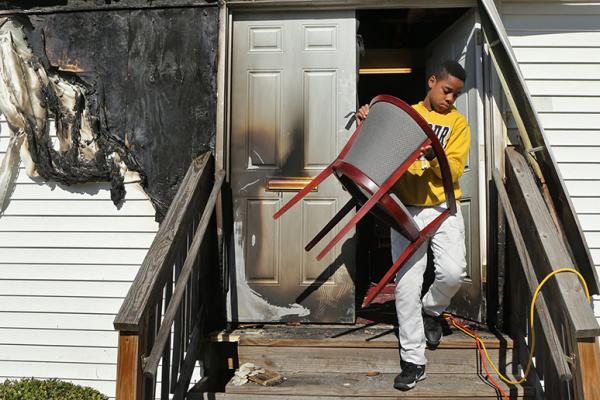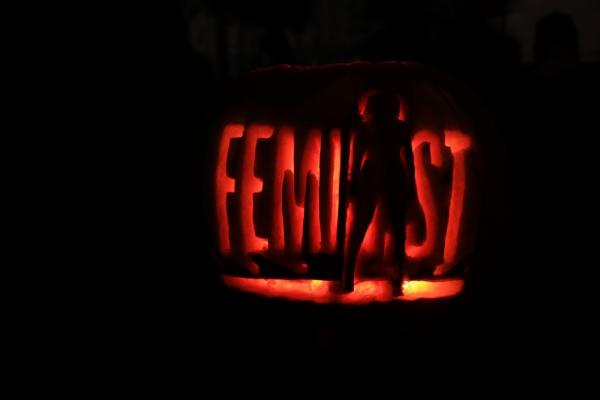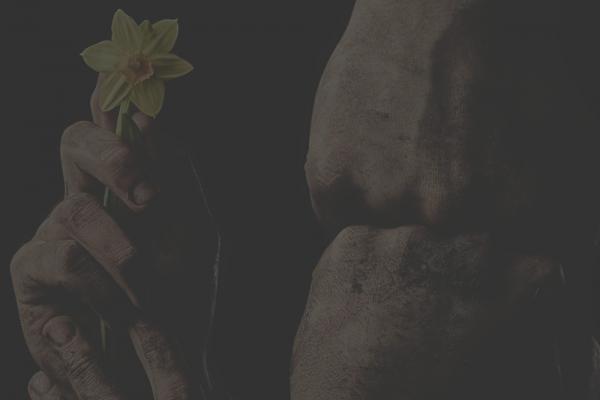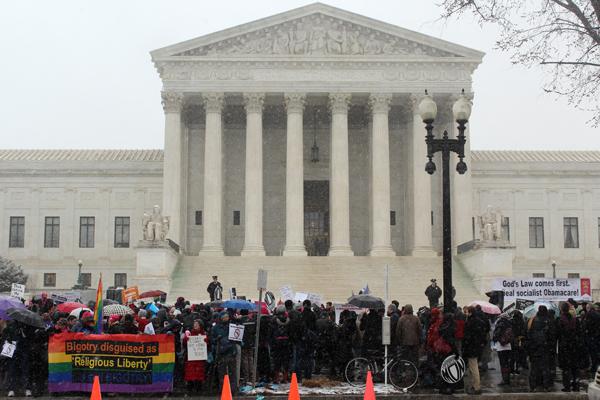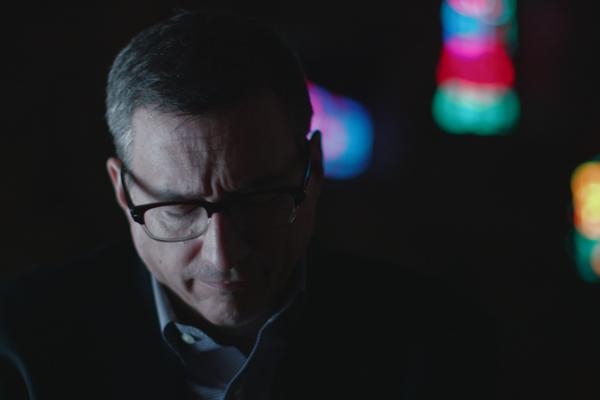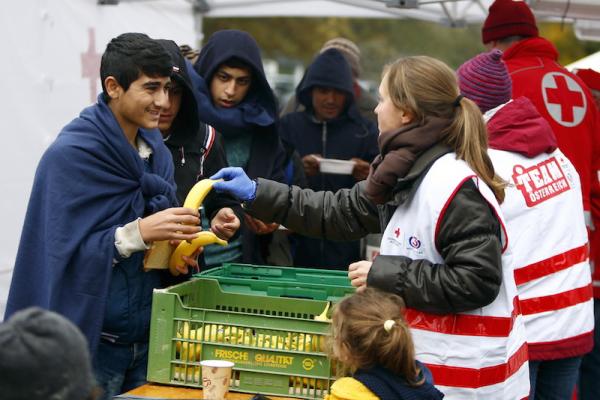In every moment, we are every age we have ever been, according to psychologist Carl Rogers. For me, this means our bodies are like a bus riding down the highway of life, and the passengers are who we have been at every age. As we travel through life, some things we see, hear, and experience evoke feelings of great joy, love, and calm — or trigger tremendous anxiety, pain, and fear — from different past experiences.
When children are treated like they are not important, told they not smart enough or good enough, valued more for their accomplishments than for the unique individuals they are, treated like they only have value if they have money, or abused emotionally, physically, or sexually, the impact of those feelings never goes away. Those feelings continue to ride on the bus.
Because the child within us never goes away, the impacts of childhood abuse and neglect are long-term unless there is meaningful intervention.
Curry’s landslide election in June — 10 days after nine black congregants were shot to death by a white supremacist at Emanuel African Methodist Episcopal Church in Charleston, S.C. — is notable for a denomination whose membership is only 4 percent black.
"After the Charleston shootings, it became really important to send a signal about race in the Episcopal Church," said the cathedral’s retiring dean, the Very Rev. Gary Hall, in an interview last week.
Curry’s election is not only a symbol of the church’s need to engage with racial justice issues, but also its need to become “a more hospitable place for people of color,” said Hall.
A 2014 denominational survey found that only 17 percent of black Episcopal churches are growing — and that while black congregations engage in more lively worship and have “clearer purpose,” their congregants tend to be older and are less engaged in evangelism than the denomination’s white churches. Latino, Asian, Native American, and multi-racial/ethnic Episcopal churches were too few to sample individually, though their collective growth is significantly stronger than predominantly white or black churches, the report said.
The point of the film, ostensibly, is to show how damaging America’s highly-competitive political nature is by applying it to a situation where the country’s people stand to lose a lot very quickly if the wrong person wins. However, writer Peter Straughan makes the fatal error of making the film almost entirely about Bullock and Thornton’s goofy one-upsmanship. This not only comes off as disrespectful, it avoids giving the audience valuable contextual information about the actual race — we have no idea what’s at stake, or what the candidates really believe.
Once the consequences of the election come to pass, we’re given a last-minute redemption arc that has Jane joining forces with a young Bolivian campaign volunteer (Reynaldo Pacheco) and his friends in a protest, and then later starting a career campaigning for Latin American rights. It’s the one part of the film that takes its politics seriously. But here again, the story isn’t about the people who are actually suffering — the people who have to live with the man they were manipulated into electing. It’s about Jane, the American, who at the end of the day still gets to leave it all behind.
David Lopez Jackson, 35, was charged Oct. 30 with setting two in a string of seven church fires this month, but authorities say they don’t know the motive.
The charges were two counts of second-degree arson. Jackson was being held in lieu of $75,000 bail, according to court documents.
Forensic evidence linked him to the fire on Oct. 18 at Ebenezer Lutheran Church; video of his car near New Life Missionary Baptist Church, links him to the fire there on Oct. 17, police Chief Sam Dotson said. Both churches are in the city of St. Louis.
We searched far and wide for the best justice jack-o-lanterns. Here's our ten of our favorites.
The organization Journey of Hope: From Violence to Healing — co-founded in the early 1990s by Jaeger and fellow activist Bill Pelke — has toured 40 states nationwide and 16 countries overseas. Speakers include a woman whose father was stabbed to death in front of her and a man whose brother was executed by a Utah firing squad.
The overarching goal of the U.S. movement is to end the death penalty. For some advocates, the mission ends there.
"They don't want to have the murderer over for Sunday dinner," as one advocate puts it. Not every story involves forgiveness.
But many do. In Tulsa, Okla., Edith Shoals, 67, is a victims' advocate for the Oklahoma Department of Corrections and, on the side, organizes support groups for women whose children were murdered. In 1992, Shoals' daughter Lordette, an 18-year-old college student, called Shoals from a pay phone and was murdered in mid-conversation, shot in the back by a carjacker.
"Grieving's not a big enough word for what happens," says Shoals.
"But if you don't forgive, it eats you up from the inside out."
Sixteen months after ruling narrowly that companies with religious objections cannot be forced to pay for employees’ contraceptives, the court faces a chorus of cries from religious charities, schools, and hospitals seeking to get out of the birth control business altogether.
The justices are scheduled to review several petitions Friday asking them to overturn federal appeals court decisions that would force the non-profit groups to opt out of the “contraceptive mandate” included in the Affordable Care Act, rather than receiving the blanket exclusion granted churches and other solely religious institutions.
If they agree to hear one or more of the cases, it will mark the fourth time in five years that President Obama’s prized health care law has come before the high court. And it will put the battle between religious freedom and reproductive rights front-and-center in next year’s presidential race.
Schenck, the Washington-based leader of the Faith and Action ministry, has been known for his anti-abortion work for three decades. In the new documentary The Armor of Light, which releases Oct. 30 in more than 20 cities nationwide, he is first seen as many know him: carrying a preserved fetus in his hands at a rally in Buffalo, N.Y., in 1992.
But after personally seeing the bodies of the Amish schoolchildren prepared for a funeral after being gunned down in 2006, he began to realize he needed to care more about life outside the womb, too.
Schenck, 57, credits two other catalysts that led him to devote half his time to the issue of gun violence. He lives in the neighborhood of the Washington Navy Yard, where a shooter killed 12 people in 2013. And he was encouraged by Lucy McBath, the mother of Jordan Davis, an unarmed black Florida teen killed in 2012, to speak out.
One of Germany’s largest Protestant regional churches has come under fire from other Christians for speaking out against efforts to convert Muslims just as tens of thousands of refugees from the Islamic world are streaming into the country.
In a new position paper, the Evangelical Church in the Rhineland says the passage in the Gospel of Matthew known as the Great Commission — “Go therefore and make disciples of all nations, baptizing them in the name of the Father and of the Son and of the Holy Spirit” — does not mean Christians must try to convert others to their faith.
“A strategic mission to Islam or meeting Muslims to convert them threatens social peace and contradicts the spirit and mandate of Jesus Christ and is therefore to be firmly rejected,” the paper entitled “Pilgrim Fellowship and Witness in Dialogue with Muslims” argues.
A woman explores the recent trend of “death cafés” — public meetups among strangers to share experiences, memories, and challenges dealing with death of loved ones. “Death: What happens next?”
2. Has ‘Diversity’ Lost Its Meaning?
“When the word is proudly invoked in a corporate context, it acquires a certain sheen. It can give a person or institution moral credibility… It’s almost as if cheerfully and frequently uttering the word ‘diversity’ is the equivalent of doing the work of actually making it a reality.” Scorching indictment. Necessary read.
3. Persian Gulf May Soon Become Too Hot for Humans
A new study shows that by the end of the century, the heat index may hit 165 to 170 degrees for at least six hours each day. So about hosting World Cup 2022 in Qatar…
4. ‘Granny Pods’ Keep Elderly Close, at a Safe Distance
Okay, maybe we can find a better name. But these tiny houses that sit in your backyard and come with security and medical resources are a step towards improving end of life care, and keeping our families close.

